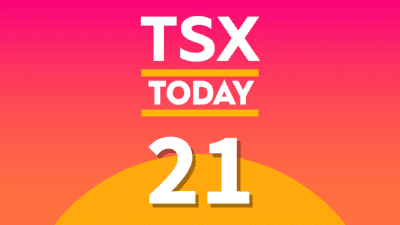Profitability is important for a company’s long-term success — there’s no denying that. However, in many cases, we see lots of companies that are nowhere near profitable, and yet their share prices continue to soar.
For instance, Tesla (NASDAQ:TSLA) has achieved considerable success, despite finishing deep in the red year after year. Closer to home, marijuana stocks have been on a tremendous run over the past year, as the promise of strong growth opportunities has been enough to keep investors buying.
For value investors, one of the most popular metrics to assess a company is by looking at its price-to-earnings (P/E) ratio. The problem is that a company needs to be profitable in order for the ratio to have any sort of usefulness.
However, there are many useful ways that investors can assess and compare stocks that aren’t yet profitable. I’m going to look at two metrics in particular that you can use to help gauge a company’s success and to compare it against its peers.
Price to sales
The price-to-sales (P/S) ratio is very useful for stocks that are focused on sales growth and where profits may be scarce. What the ratio tells you is how much you are paying for each dollar of sales the company generates. It is calculated by dividing the market cap of the stock by its sales in the trailing 12 months.
In the case of Tesla, the stock has a market cap of around $60 billion and sales of approximately $14 billion in the last four quarters for a P/S ratio of around 4.3. On its own, it’s hard to gauge whether this is high or low, and that’s where comparable stocks can help.
Toronto-Dominion Bank (TSX:TD)(NYSE:TD) trades at a P/S ratio of around 4.1, which suggests Tesla’s stock isn’t that highly valued for a growth stock. If we look at Shopify (TSX:SHOP)(NYSE:SHOP), however, we see that investors are paying a whopping 26 times sales to own a piece of the stock.
Cash per share
When you’re looking at high-growth stocks that have big losses but growing sales, cash is going to be of utmost importance. By dividing the cash on hand by the number of shares outstanding, you can assess how liquid the company is given its size, and it can help give you an indication of how well it will be able to meet its day-to-day cash needs.
With a big bank stock like TD, you would expect to have a lot of cash on hand, and at over $190 per share, it has plenty. By comparison, Tesla has just $13 per share, which shouldn’t be too much of a surprise given its cash burn problem, while Shopify averages around $15 per share.
How to use these ratios effectively
The cash that a company has per share is a useful way to gauge the strength of a stock’s immediate future. While any company could just issue more shares to get cash, it’s still a useful benchmark to help put into perspective the company’s financial situation.
Price to sales, however, is more useful in assessing the value of a stock and whether it is fairly priced or not relative to its peers. While sales growth is important, investors should always keep in mind how much they’re paying for those sales as well.









